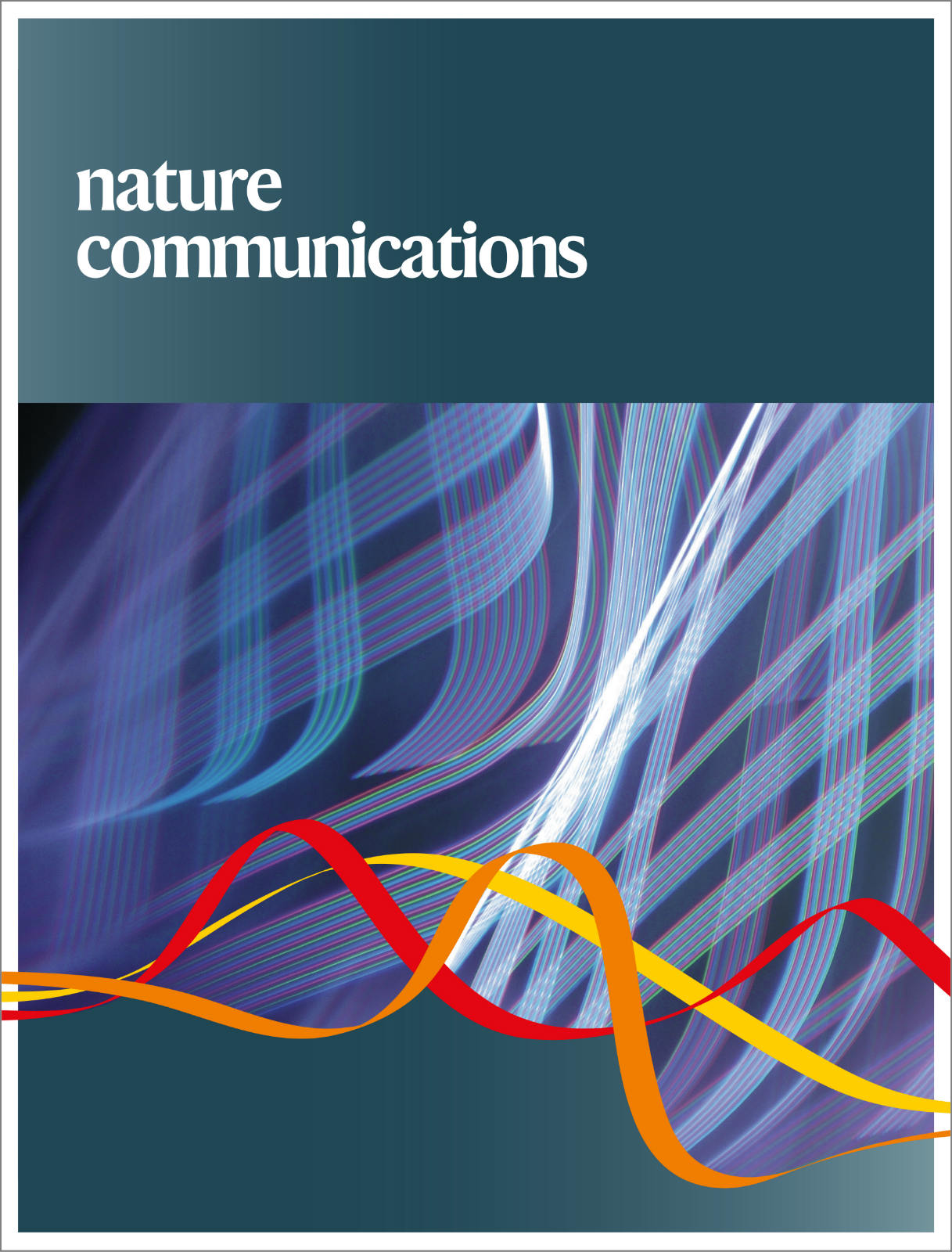抗菌FabI抑制剂Debio 1453在体内清除耐药淋病奈瑟菌感染。
IF 15.7
1区 综合性期刊
Q1 MULTIDISCIPLINARY SCIENCES
引用次数: 0
摘要
淋病是由淋病奈瑟菌引起的一种普遍的性传播感染。淋病奈瑟菌已显示出进化出抗生素耐药性的显著能力,新出现的菌株显示出对所有标准治疗方案的耐药性。开发治疗淋病的新抗生素,特别是那些具有新靶点且没有预先存在耐药性的抗生素,至关重要。淋病奈瑟菌中一个尚未开发的抗菌靶点是FabI,这是一种烯酰酰基载体蛋白还原酶,对淋病奈瑟菌的脂肪酸生物合成至关重要。在当前的报告中,使用新型淋病奈索菌FabI抑制剂共晶体的基于结构的药物设计指导药物化学朝着提高亚纳摩尔范围的效力方向发展,并推动了Debio 1453的发现。Debio 1453针对淋病奈瑟菌活性进行了优化,并在体外对多种淋病奈瑟菌分离株具有高度活性,包括对最后剩余治疗方案耐药的分离株。此外,该化合物对易感性降低的突变体的选择倾向较低。在小鼠阴道淋病感染模型中,Debio 1453在体内对具有临床相关多药耐药表型的淋病奈瑟菌分离株有效,这表明Debio 1453是治疗淋病的有希望的候选药物。本文章由计算机程序翻译,如有差异,请以英文原文为准。
The bactericidal FabI inhibitor Debio 1453 clears antibiotic-resistant Neisseria gonorrhoeae infection in vivo.
Gonorrhoea is a prevalent sexually transmitted infection caused by the bacterial pathogen Neisseria gonorrhoeae. N. gonorrhoeae has demonstrated a remarkable capacity to evolve antibiotic resistance, with emerging strains that show resistance to all standard treatment options. The development of new antibiotics for gonorrhoea, especially those with novel targets and no pre-existing resistance, is critical. One such untapped antibacterial target in N. gonorrhoeae is FabI, an enoyl-acyl carrier protein reductase enzyme that is essential for fatty acid biosynthesis in this pathogen. In the current report, structure-based drug design using novel N. gonorrhoeae FabI inhibitor co-crystals guides medicinal chemistry toward increasing potency in the sub-nanomolar range and drives the discovery of Debio 1453. Debio 1453 is optimized for activity against N. gonorrhoeae and is highly active in vitro against diverse N. gonorrhoeae isolates including those resistant to the last remaining treatment options. Additionally, the compound presents a low propensity for selection of mutants with reduced susceptibility. Debio 1453 is efficacious in vivo against N. gonorrhoeae isolates with clinically relevant multi-drug resistance phenotypes in a murine vaginal gonorrhoea infection model underscoring Debio 1453 as a promising candidate for the treatment of gonorrhoea.
求助全文
通过发布文献求助,成功后即可免费获取论文全文。
去求助
来源期刊

Nature Communications
Biological Science Disciplines-
CiteScore
24.90
自引率
2.40%
发文量
6928
审稿时长
3.7 months
期刊介绍:
Nature Communications, an open-access journal, publishes high-quality research spanning all areas of the natural sciences. Papers featured in the journal showcase significant advances relevant to specialists in each respective field. With a 2-year impact factor of 16.6 (2022) and a median time of 8 days from submission to the first editorial decision, Nature Communications is committed to rapid dissemination of research findings. As a multidisciplinary journal, it welcomes contributions from biological, health, physical, chemical, Earth, social, mathematical, applied, and engineering sciences, aiming to highlight important breakthroughs within each domain.
 求助内容:
求助内容: 应助结果提醒方式:
应助结果提醒方式:


